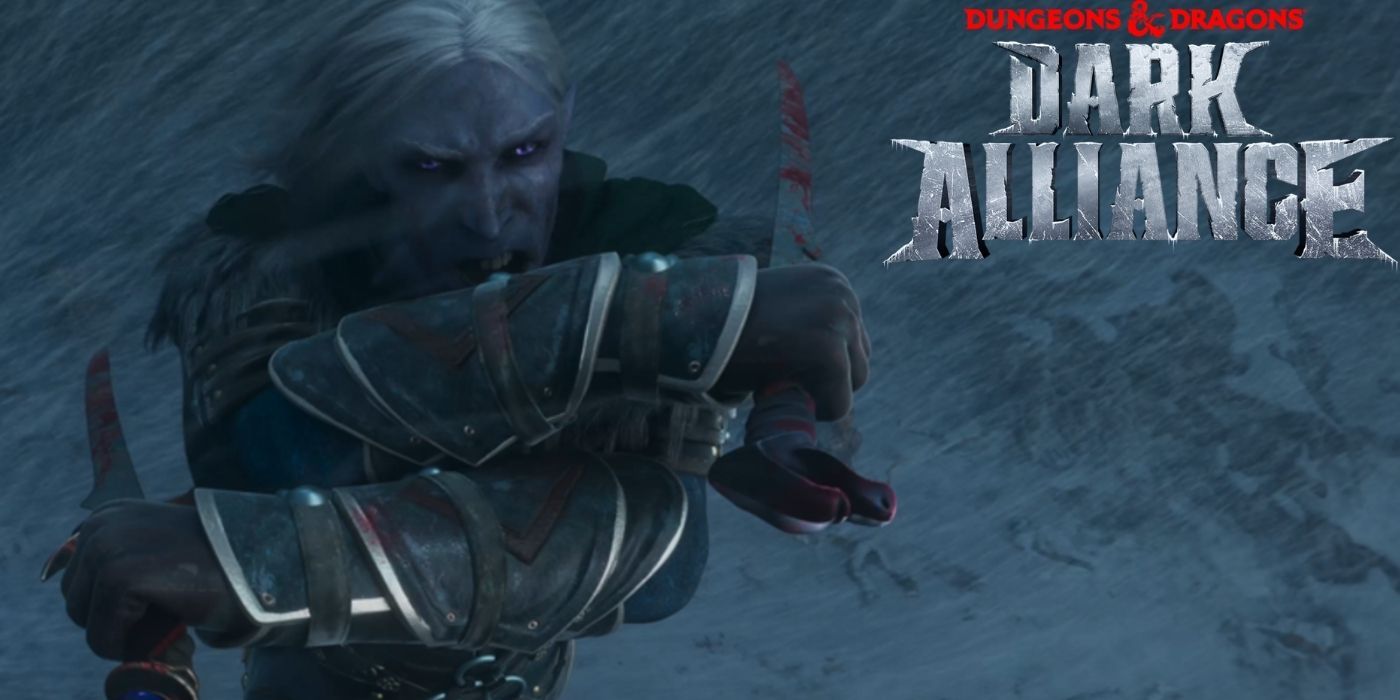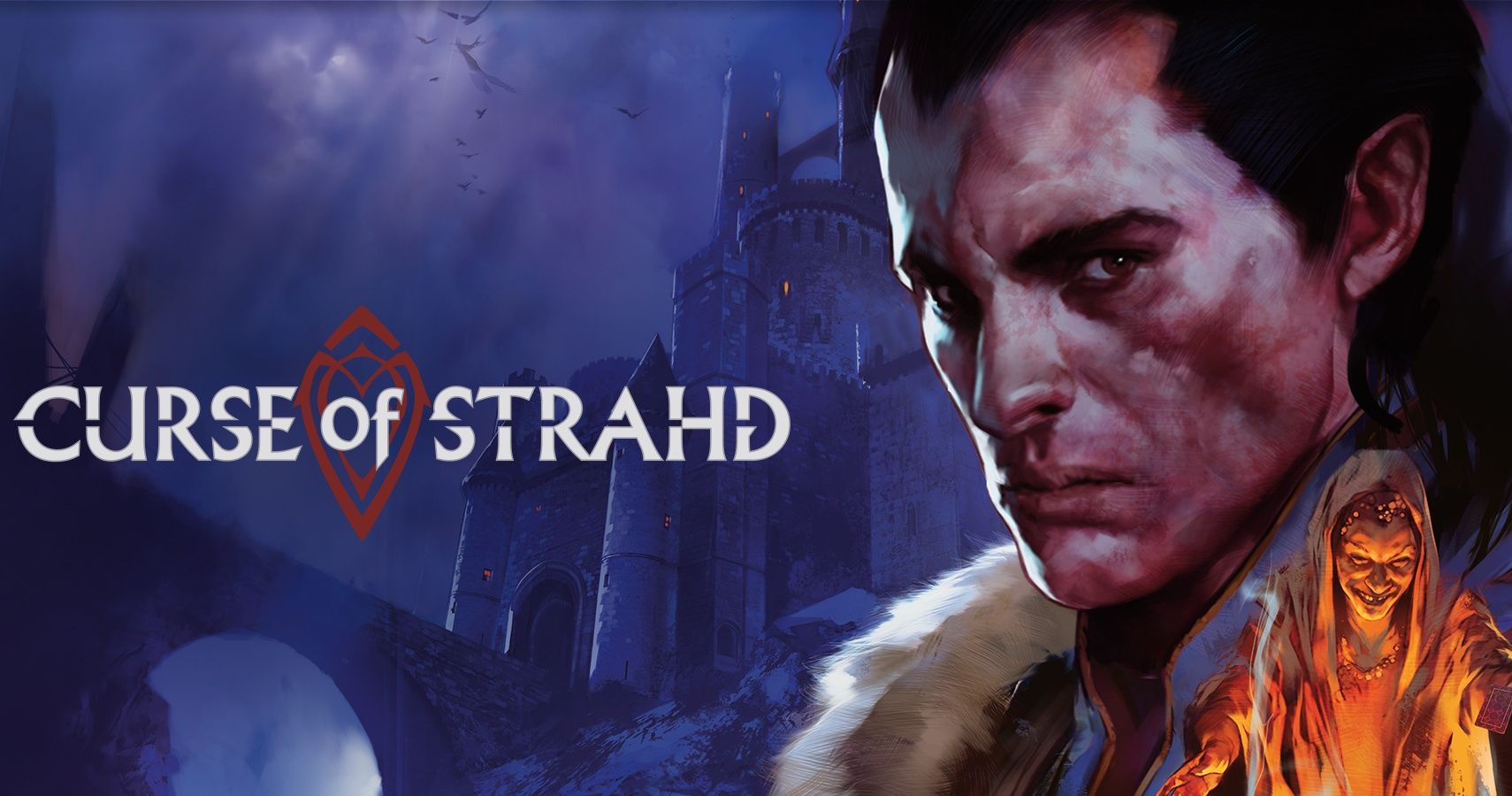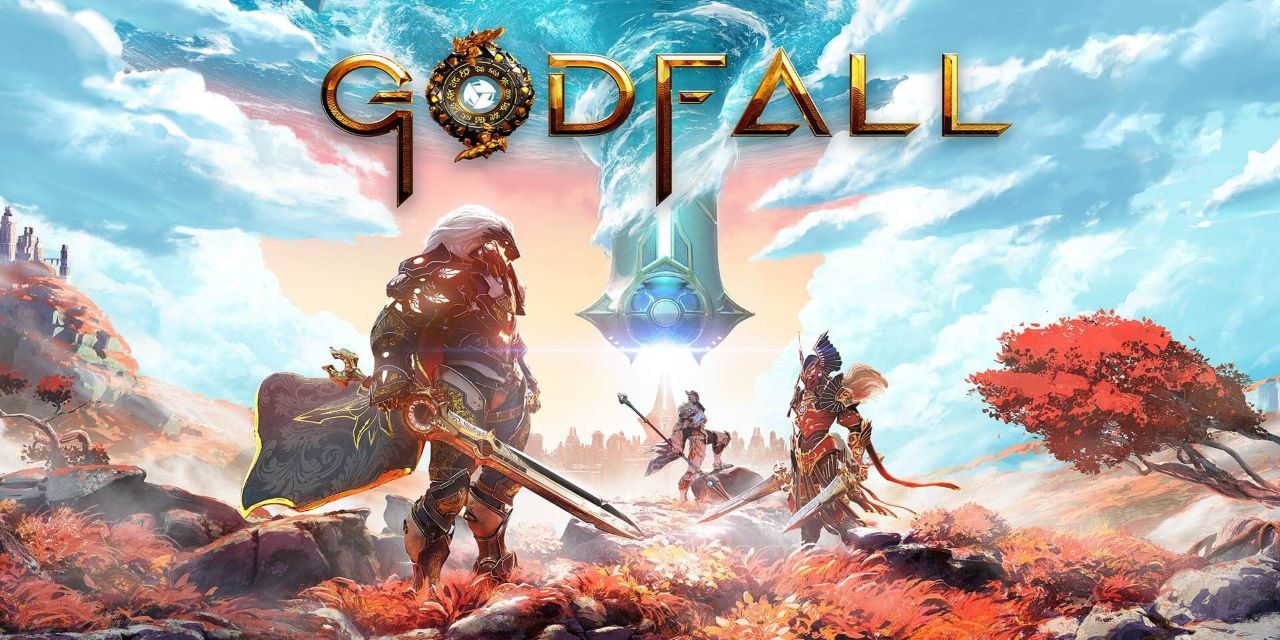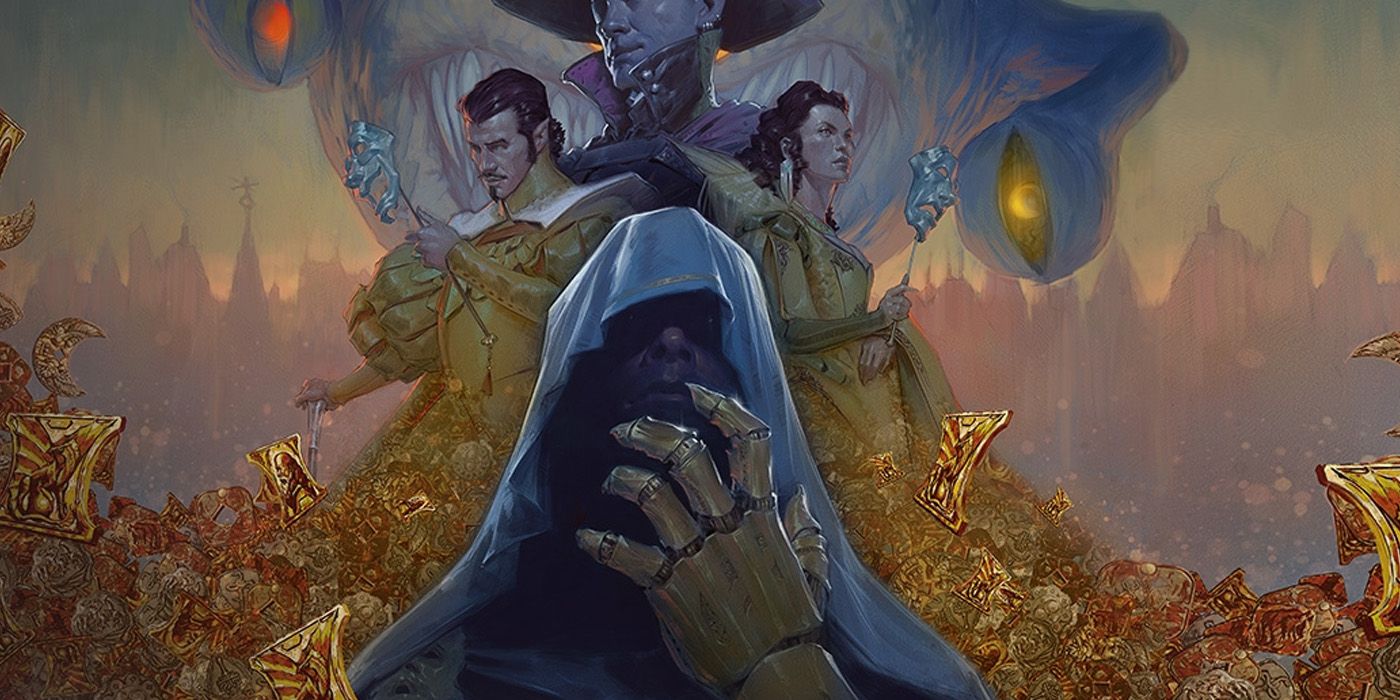Dungeons and Dragons: Dark Alliance represents a resurgence of D&D video games, but it is only the beginning. After Baldur's Gate 3, there are several more games planned for the future, and fans are left to ponder what they could be about. By its very nature, Dungeons and Dragons can accommodate nearly any genre of gaming, as the tabletop game is meant to be molded into whatever the dungeon master and players want it to be. Baldur's Gate 3 has the classic roleplaying game genre covered, and Dark Alliance is leading the charge on an Action RPG, but there are still countless avenues that future games could explore.
All of this lines up perfectly with the seventh anniversary of Dungeons and Dragons 5e, the likely cause for this new push to release video games. The fifth edition has pushed D&D back into the limelight, and pop culture is also helping to bring it to more people's attention. Dungeons and Dragons: Dark Alliance will further this pursuit by giving fans a casual romp through the world of the Forgotten Realms, battling all sorts of iconic creatures from the franchise. Now fans can't help but wonder where else these video games could take them.
Dungeons and Dragons Horror Game
When people think of Dungeons and Dragons, the horror genre likely isn't the first thing to come to mind. Despite this, there's a ton of potential for this type of thing if executed properly, and there's even already some precedent for it. Most players are familiar with the Curse of Strahd module for fifth edition, and this is a perfect example of horror done well in D&D. Since so many have already played through that adventure, it probably wouldn't make sense to adapt it piece by piece, but a similar story could be told using the Forgotten Realms setting.
In Curse of Strahd, the players find themselves in Barovia, a cursed land filled to the brim with horrors. They must find a way to deal with Count Strahd von Zarovich, a powerful vampire that the players are far too low level to deal with conventionally. When ran well, the story is filled with creepy moments, terrifying concepts, and even a few jump scares. This type of thing could translate perfectly into a Dungeons and Dragons video game, perhaps even being a great fit for a virtual reality title.
Dungeons and Dragons Looter Slasher Game
Though it's rarely the intended focus of a D&D campaign, players are notorious for putting so much emphasis on loot that it becomes the center of attention. A looter slasher game like Godfall would be a great way to make a fun commentary on this trope while still letting players indulge in the rewards. This type of game would likely be a hack and slash approach with less focus on story, wherein the player's only goal is to complete quests, get gold, upgrade their equipment, and create powerful adventurers.
The setting of Dungeons and Dragons is perfect for this type of thing, as it's implied that there are adventurers and problems that need to be solved all around. Since players tend to get very attached to their characters, they'd likely relish the chance to recreate them in a game such as this. Having it focus on the characters rather than the story would also be a smart move, as it would even take some load off of the developers. Obviously, there'd need to be a reason for players to keep playing, so the focus can't be entirely on characters, but they should definitely be the priority.
Dungeons and Dragons Tactics/Strategy Game
This one seems obvious, and it has actually been done before. 2007's Dungeons and Dragons Tactics saw players strategically planning their actions on a grid based battlefield much like Final Fantasy Tactics or Fire Emblem. This is essentially exactly what the tabletop roleplaying game is, so it would be incredibly easy to adapt it and make it compelling. There already rules for initiative to determine who would go first, movement speed of different races, and a wealth of classes that players could choose between when developing characters. For this to be successful, it should draw inspiration from Final Fantasy Tactics in its implementation.
In that game, players can create characters to recruit into their party, assigning whatever job they want for them. This lets players make a team that feels unique to them, and in the case of Dungeons and Dragons, it could be an entire party of a player's previous characters. Whether it directly ports over classes, abilities, and rules from D&D 5e or adapts them to fit the video game genre a little bit better, a tactics type game would no doubt fit perfectly with the array of Dungeons and Dragons games coming to fans in the nearby future.
Dungeons and Dragons Stealth Game
It goes without saying that one of the most popular (or infamous) classes in Dungeons and Dragons is the rogue. These stealthy tricksters come in many varieties, from thieves to assassins, and will always spice up a game without fail. A D&D single player adventure focused on a lone rogue trying to make his way in Waterdeep as a member of its expansive Thieves' Guild. Waterdeep is a town full of intrigue and shrouded in mystery, so it would be easy to come up with an enticing plot to go along with this stealth gameplay.
What's more, the Thieves' Guild of Waterdeep is explained in great detail in Xanathar's Guide to Everything, so developers would have a lot to go off of. These are just a few potential options for D&D video game genres, but there are countless more that could easily be adapted and turned into a great game. For those that love the tabletop roleplaying game, the next few years are sure to be an exciting time for video games as well.
Dungeons and Dragons: Dark Alliance releases on PC, PS4, Switch, and Xbox One 2021.





